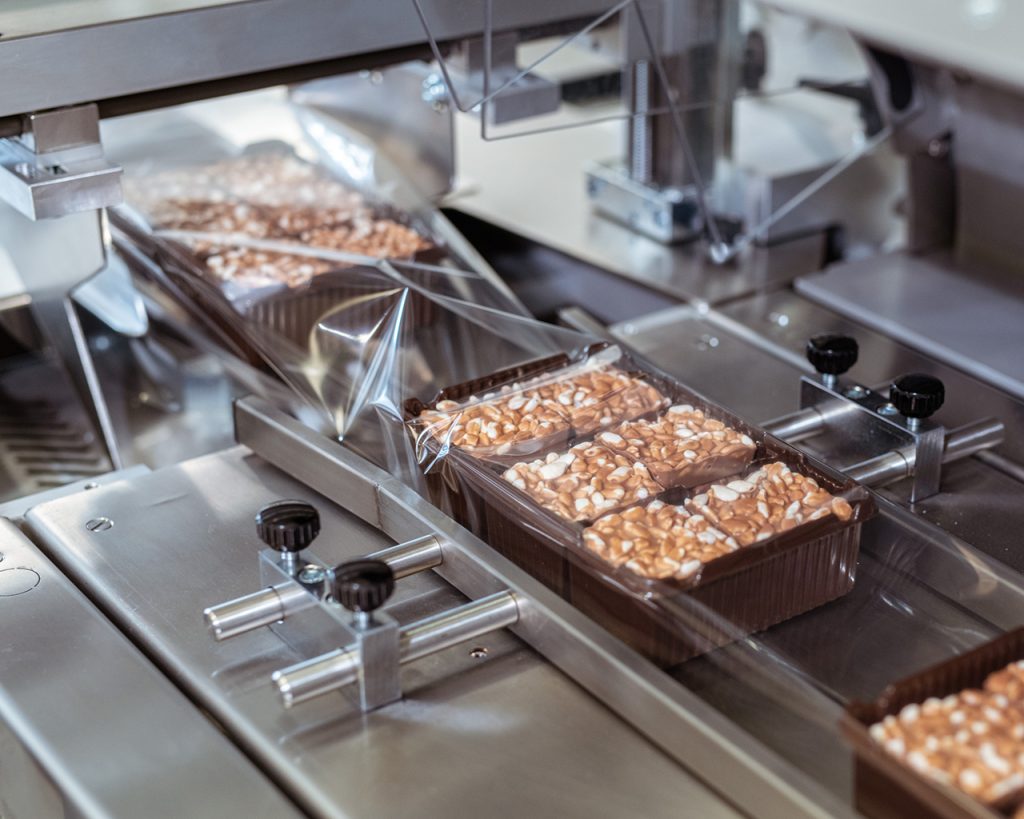In the food industry, the demand for high-quality, efficient, and rapid packaging solutions is paramount to ensure product safety, freshness, and consumer satisfaction. With the increasing need for convenience and sustainability, the packaging process has evolved significantly over the years. Modern packaging solutions not only preserve the integrity of food but also extend shelf life, enhance brand appeal, and provide logistical benefits. The food packaging process has undergone transformative changes driven by technological advancements. Fast packaging solutions allow food manufacturers to keep up with high production demands while minimizing human error and reducing operational costs. The packaging machinery involved in these processes is designed for speed, precision, and versatility, enabling manufacturers to accommodate a wide variety of food products. From ready-to-eat meals and snacks to perishable goods like fruits and dairy, packaging must adapt to different product types while meeting strict safety and hygiene standards. The use of automated packaging systems has revolutionized the food industry.

These systems incorporate various technologies, such as sensors, robotics, and artificial intelligence, to ensure a seamless and rapid packaging process. Automation helps in reducing the time spent on manual labor, which not only improves efficiency but also minimizes the risk of contamination during the packaging process. Additionally, automated systems from food packaging machine manufacturers can handle large volumes of products at a much faster rate compared to traditional methods, which is critical for meeting consumer demand. One of the key factors contributing to the success of high-speed food packaging solutions is the integration of flexible packaging options. Food packaging now often includes materials that are both lightweight and durable, offering protection from external elements such as moisture, air, and light. These packaging options are customizable to suit different types of food products, whether they are solid, liquid, or semi-liquid. Flexible packaging solutions are also more cost-effective, which is especially important in a highly competitive market.
Sustainability has also become a major focus in food packaging. As consumer awareness around environmental issues grows, companies are increasingly looking for eco-friendly packaging options that are recyclable, biodegradable, or made from renewable resources. Fast packaging solutions that incorporate sustainable materials can contribute to reducing the environmental footprint of food products. Leva manufacturers are exploring new innovations to balance speed, cost, and environmental responsibility. In conclusion, high-quality, fast packaging solutions are essential for the food industry to meet the growing demands of consumers and to stay competitive in the market. The combination of automation, advanced technology, and sustainable practices ensures that food packaging not only serves its functional purpose but also meets the expectations of both manufacturers and consumers. By adopting innovative solutions, food companies can enhance efficiency, reduce waste, and improve product quality, all while contributing to a more sustainable future.